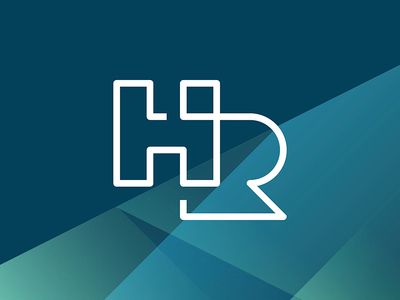The world of work is evolving rapidly, and human resources (HR) is no exception. With the rise of digital tools, automation, and artificial intelligence, HR is undergoing a major transformation. From recruitment to employee engagement, technology is reshaping how organizations manage their most valuable asset—people.
1. Streamlined Recruitment and Hiring
Recruitment has shifted from paper résumés and manual screening to advanced applicant tracking systems (ATS). Today, companies use AI-powered tools to scan résumés, match candidates with job descriptions, and even conduct initial video interviews. This speeds up hiring and ensures businesses find the right talent more efficiently.
2. Data-Driven Decision Making
HR departments now rely heavily on analytics. Tools like HR dashboards and predictive analytics help track employee performance, turnover rates, and engagement levels. With these insights, HR teams can make better decisions regarding promotions, training, and workforce planning.
3. Automation of Routine Tasks
Technology has automated repetitive HR tasks such as payroll processing, attendance tracking, and benefits management. This reduces administrative burden, minimizes errors, and allows HR professionals to focus on strategic initiatives.
4. Enhanced Employee Training and Development
E-learning platforms and virtual training programs have made professional development more accessible. Employees can now upskill through online courses, webinars, and simulations. Virtual reality (VR) is even being used for immersive training experiences in industries like healthcare and manufacturing.
5. Remote Work and Collaboration
The rise of remote work has been powered by technology. HR now manages distributed teams using collaboration tools like Slack, Microsoft Teams, and Zoom. Cloud-based HR software ensures employees can access resources and support no matter where they are.
6. Improved Employee Engagement and Experience
Digital platforms allow HR to gather real-time employee feedback through surveys and engagement apps. Chatbots and self-service portals provide instant answers to HR-related queries, creating a smoother employee experience.
7. AI and Machine Learning in HR
AI is revolutionizing HR processes, from predicting employee turnover to offering personalized career development paths. Machine learning algorithms analyze large amounts of workforce data to identify trends, helping HR anticipate challenges before they arise.
8. Focus on Diversity and Inclusion
Technology is also helping HR eliminate biases in recruitment and promotions. AI-driven hiring tools, when designed ethically, can ensure fair evaluation by focusing solely on skills and qualifications.
Final Thoughts
Technology is no longer just a support system for HR—it’s becoming the driving force behind it. By automating processes, enhancing decision-making, and improving employee experiences, technology is shaping a more efficient, inclusive, and future-ready workplace. Businesses that embrace these changes will not only attract top talent but also foster long-term employee satisfaction and growth.

